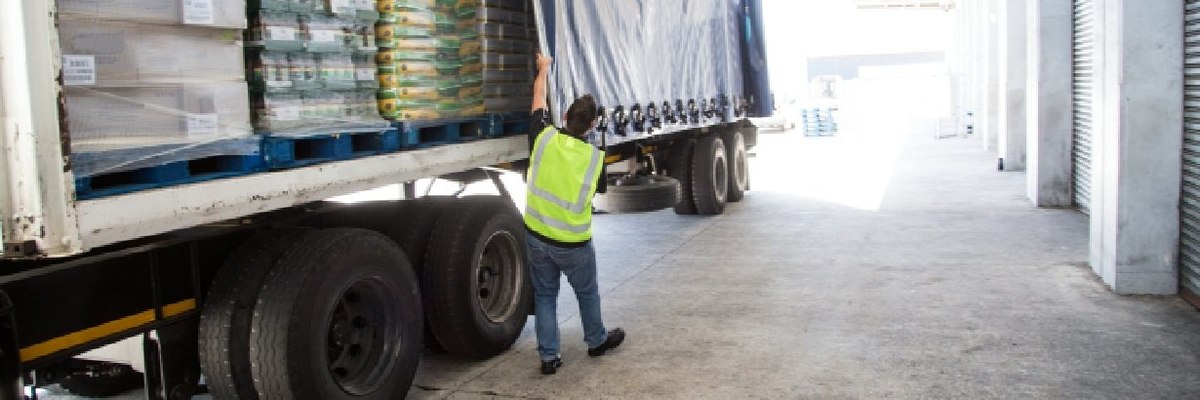Britons far more likely to have experienced food shortages than continental Europeans
Because of the COVID-19 pandemic, the sensitive global supply chain has been struggling lately. Precautions taken against the virus, including closing workplaces, as well as low vaccine supply in many parts of the world, have resulting in delayed shipping times and scarcity of some items.
At the same time, electricity prices are rising across the world due to energy supply shortages caused by a cold winter in Europe and a hot summer in Asia.
Now a new YouGov EuroTrack survey, conducted in seven European countries (Britain, France, Germany, Spain, Italy, Sweden and Denmark) and the United States, uncovers how many people have been affected by key aspects of the crisis.
In all countries surveyed, most people are aware that a global supply chain crisis is taking place. In most nations, between 83% and 95% have heard at least something about the problems facing the international supply network. The exception is Italy, where only 57% say they have.
This reflects that the supply chain crisis is affecting countries in different ways. Across a range of supply issues, Italians are consistently less likely to have experienced them or to have heard of other people doing so.
By contrast, people in the UK are noticeably more likely to have experienced key supply problems. A majority of Britons (56%) say they have personally experienced food shortages in shops, a figure slightly higher than in the US (49%) but substantially higher than all the continental European nations surveyed (6-18%).
Britons are also the only country where substantial numbers of people have experienced shortages of fuel in recent weeks, following the crisis in September and October. One in three Britons (33%) say they experienced this personally, compared to no more than 10% in any other country.
In other areas, the UK is generally in line with the other nations studied. In all continental European nations studied, most have experienced household fuel/electricity price increases in recent weeks (52-66%). This issue is less widespread in the US, but nevertheless 42% of Americans have also seen their bills rise.
Americans are, however, more likely to have personally noticed delays to getting products delivered (42%) than the European nations surveyed (from 14% in Italy to 32% in Germany). When it comes to toilet paper shortages, Americans (21%), as well as Germans (17%), are somewhat more likely than other countries (2-10%) to have experienced a lack of the white posterior wipes. The results also show that 28% of Americans have stockpiled or otherwise brought forward their purchases of toilet paper.
See full results here






